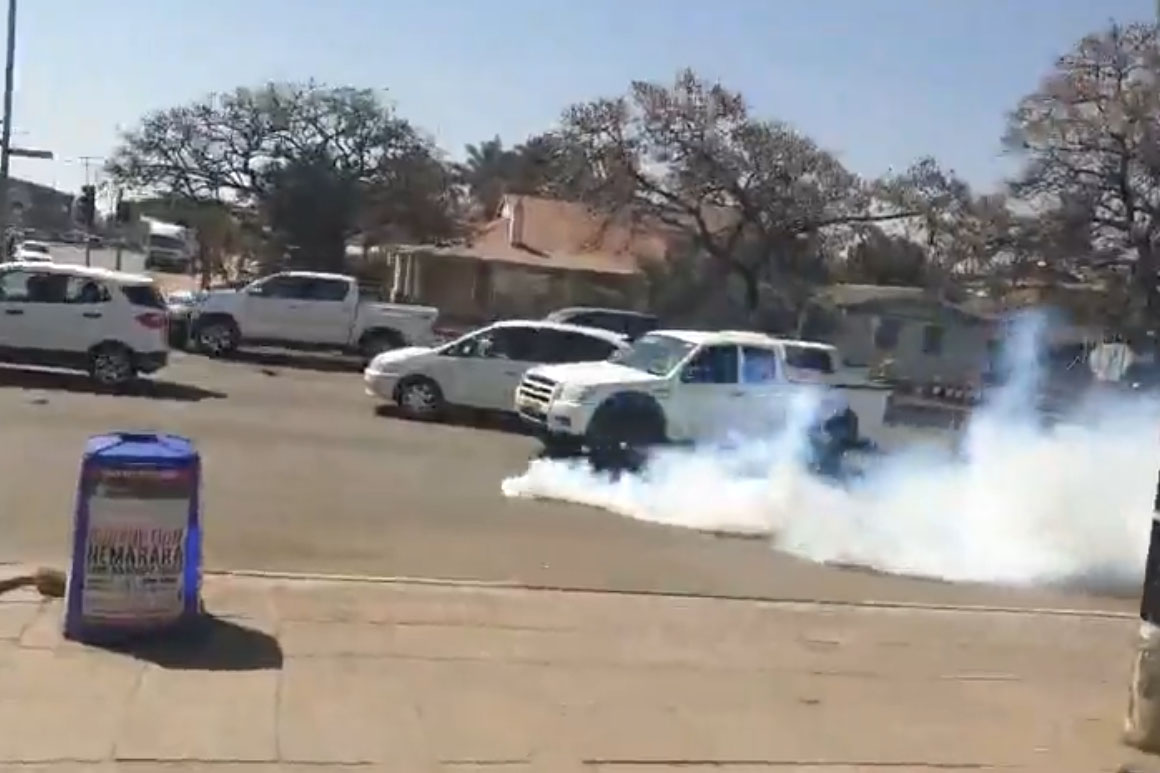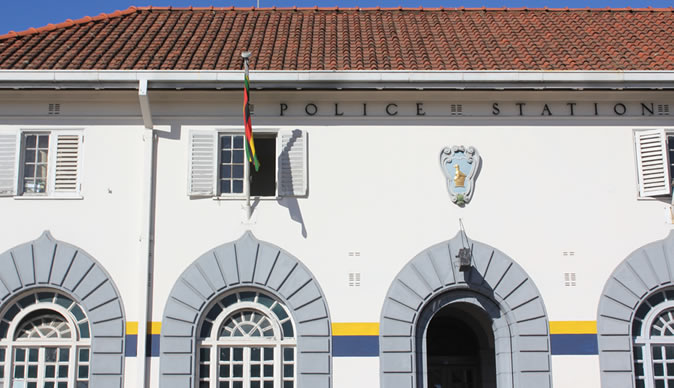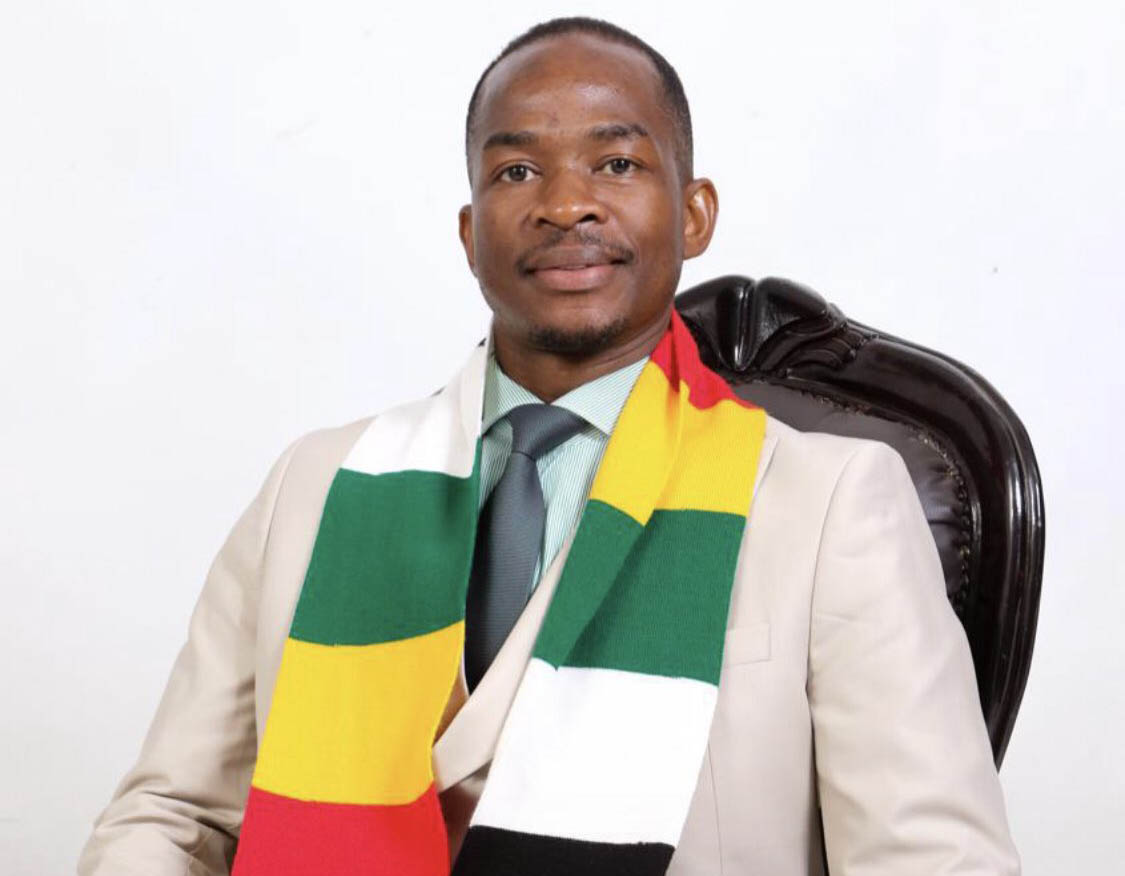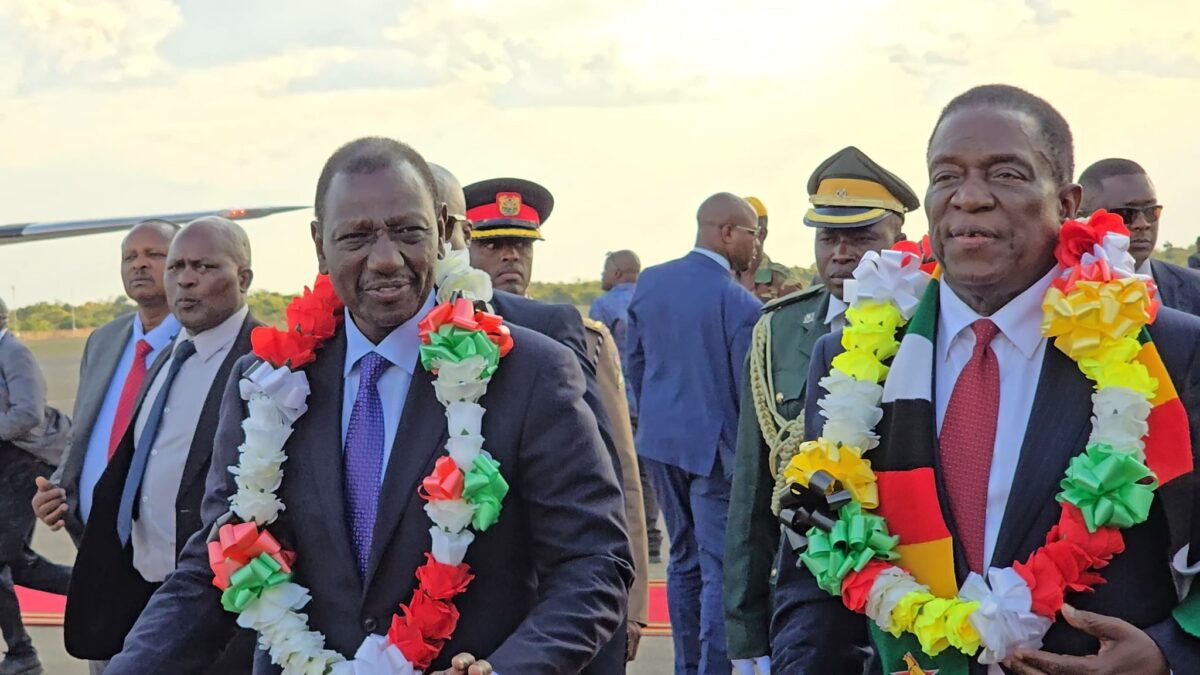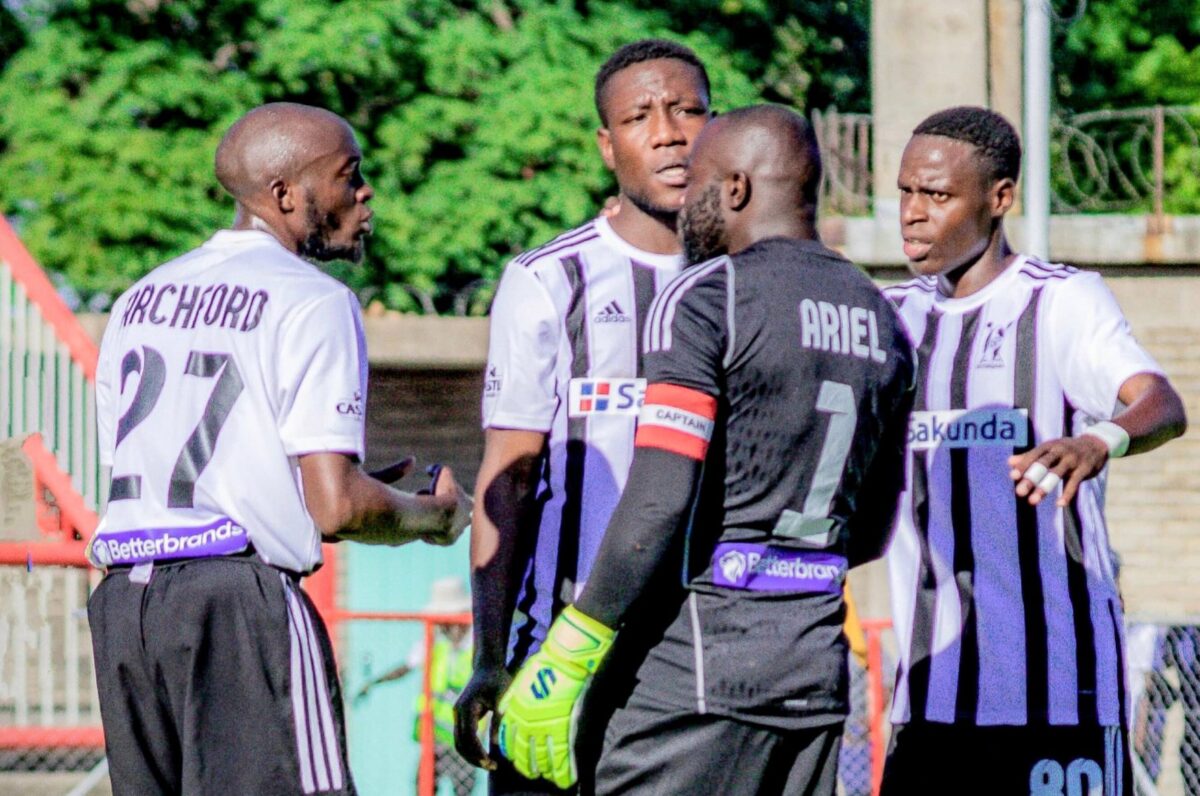HARARE – Top diplomats from the United States, Canada, Australia and the European Union on Tuesday called on Zimbabwean authorities to allow opposition protests and investigate rights abuses after activists were kidnapped and tortured.
Authorities banned anti-government protests called by the opposition in Harare, Bulawayo and Gweru. The Movement for Democratic Change (MDC) said half a dozen activists had been abducted by armed men as they slept, tortured and dumped barely clothed in the winter cold.
In a joint statement, the Heads of Mission of the Delegation of the European Union representing France, Germany, Greece, the Netherlands, Romania, Sweden and the United Kingdom and the Heads of Mission of Australia, Canada and the United States of America also called on the Zimbabwe government to implement key governance reforms “to address the severe social situation”.
“Intimidation, harassment and physical attacks on human rights defenders, trade union and civil society representatives, and opposition politicians prior to, during and following the demonstration in Harare on August 16 are cause for great concern,” the statement said.
“The Zimbabwean constitution guarantees the right to personal security from violence and prohibits physical or psychological torture. The Heads of Mission urge the authorities to respect these fundamental rights, and to hold perpetrators of violence legally responsible.
“The Heads of Mission call on the authorities to respect the constitutional rights to freedom of assembly, association and expression as well as to peaceful protest, and urge all political party leaders and supporters to abstain from threats and incitement to violence as well as acts of violence or vandalism. The security forces must adhere to their Constitutional mandate and exercise restraint and proportionality while maintaining public order.
“Only by addressing concretely and rapidly these human rights violations will the government of Zimbabwe give credibility to its commitments to address longstanding governance challenges.”
The Heads of Mission reiterated their previous calls for the “implementation of the government’s political and economic reform agenda, underpinned by inclusive national dialogue and increased efforts to address the severe social situation.”
The MDC called a series of nationwide demonstrations to press President Emmerson Mnangagwa to accede to its demands for a negotiated “national transitional authority”. The MDC accuses Mnangagwa of rigging his way to power and has refused to acknowledge him as president.
Mnangagwa, who came to power following a military coup in November 2017, first sold himself as a reformer, but after he twice unleashed soldiers to quell protests following the disputed vote, he has increasingly been isolated on the international scene with investors and donors shunning his broke government.
Zimbabwe’s inflation was 176 percent last month. Fuel, medicines, food and electricity are in short supply, while prices of essential goods have skyrocketed even as salaries remain depressed. This has spawned new hardships which many say are unprecedented, increasing public anger against the government.

